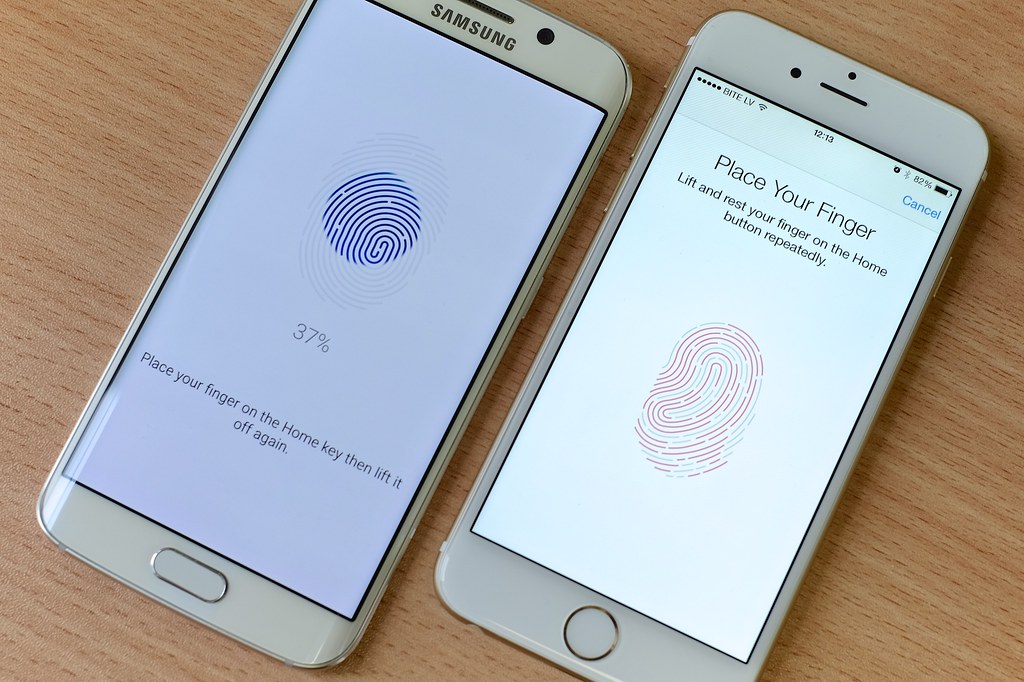Comparison of iPhone and Android operating systems: As technology evolves, so does the way we interact with it. Smartphones have revolutionised the way we access the world around us and, for the most part, people can choose between two main mobile platforms – iOS and Android.
The first iPhone – released in 2007 – was the begining of smartphone revolution. Apple’s iOS operating system provided an easy to use environment and an app ecosystem growing faster than you could count.
Android, on the other hand, came to the stage in 2008. Owned by Google, it was an open source mobile platform with loads of capabilities, running on multiple brands and devices. This power to work across multiple platforms was a major player in the success of Android and made it the preferred operating system for many users.

The operating systems market share in 2019 for iOS & Android
iOS: 34.94%
Android: 64.47%
When it comes to the security of their users, both Apple’s iOS and Google’s Android have made significant progress. Apple has been known to have a tighter security system, which is mainly due to the fact that their devices don’t support third-party apps or system mods. Android has a more open source, which allows it to be more accessible and modifiable. There have been a few cases of malware attacking Android phones, but Google is continuously working on this problem.
The array of hardware compatibility also tends to differ between these operating systems. iPhone offers limited choices, as it only works with Apple’s range of phones, while Android offers more diverse hardware options and works with a wide range of manufacturers.
Ease of use is another aspect to consider when comparing the two platforms. iOS is more user-friendly and simpler to operate, with its touch-friendly interface and app store. Android, however, has more features, allowing for customisation and personalisation of the device’s look and feel.
The cost of getting the two platforms is also an important factor to consider. iPhones are usually more expensive than comparably priced Android devices. But if you prefer an iPhone, you could never find a good cheaper Android alternative that was even close to matching it in terms of quality, performance, or features.
Finally, but possibly the most important thing to consider is the app ecosystem. Both Android and iOS provide a variety of apps for their platform, but Android does have a larger number of apps to choose from. Also, iOS apps are systematically better than their Android counterparts as they offer more specific features and come with more detailed instructions.
To summarise, Android and iOS are two of the most widely used mobile operating systems. Both have their advantages and disadvantages, but they both provide users with a reliable and secure experience. When it comes to making a choice, it’s important to consider your needs, budget constraints and the number of compatible devices. At the end of the day, it all comes down to user preference and what works best for them.
